Under a Unix-like or Linux system (and possibly under Windows using Cygwin or MSYS shells or WSL, but this is untested there), you can use the strings program even for progams that are built without the developer tools enabled.
Basically, you're just searching for a user-agent string in the binary itself.
Currently, I have been able to do the following:
$ strings example-electron-app-binary-file | grep '^Chrome/[0-9.]* Electron/[0-9]'
Chrome/98.0.4758.141 Electron/17.4.7
That regular expression searches for strings starting with Chrome/, followed by any number of numerical digit and dot characters, a single space, and then Electron/ with any numerical digit after it.
This won't work in all likelihood if your system uses UTF-16 strings, but since browsers tend to use UTF-8 internally there's still a chance it'd work on a Windows electron binary.
